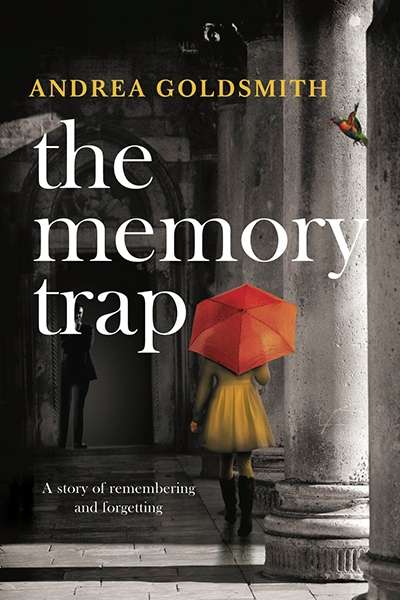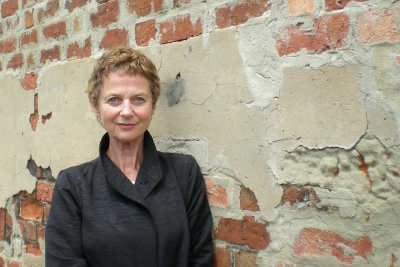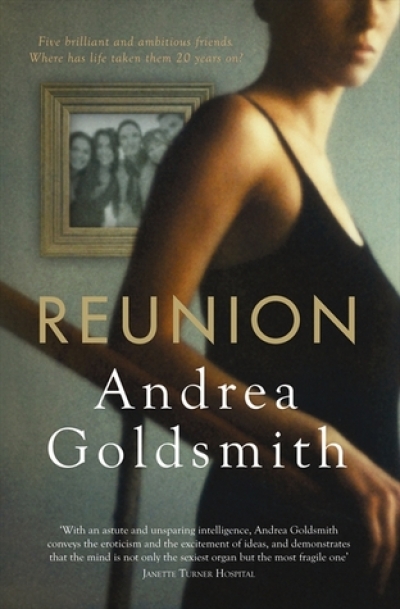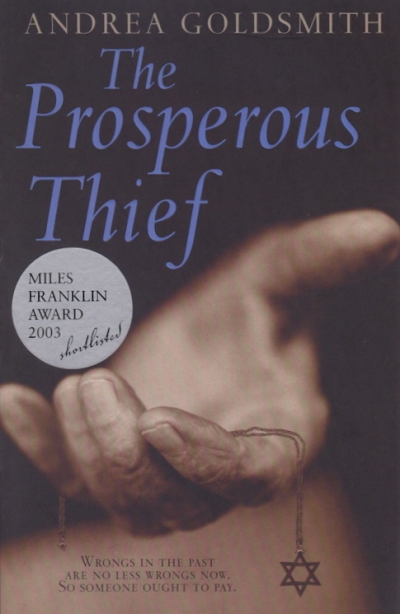Andrea Goldsmith
On a weekend when the Melbourne Age and the Australian could muster barely three book pages between them and only one review of a work of fiction, I went to an exhibition of Juan Davila’s recent work. The paintings were visceral, fierce, transgressive, shocking. Here was art disdainful of demands for beauty, art that took the notion of aesthetics into the dungeons of the mind. And it set me on edge.
... (read more)




